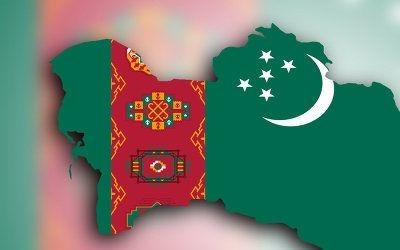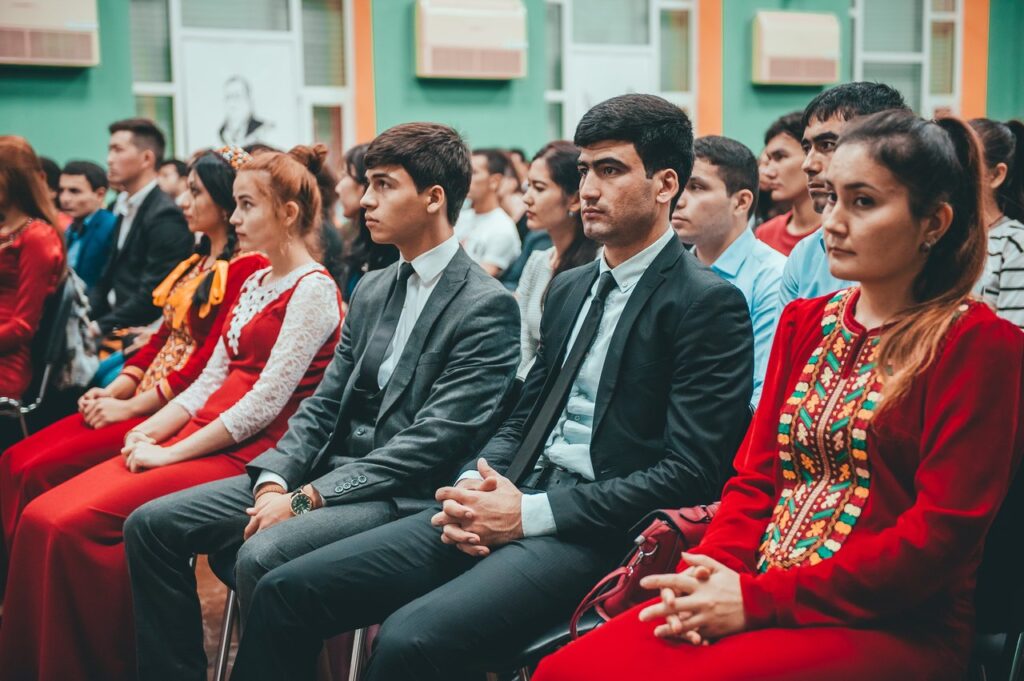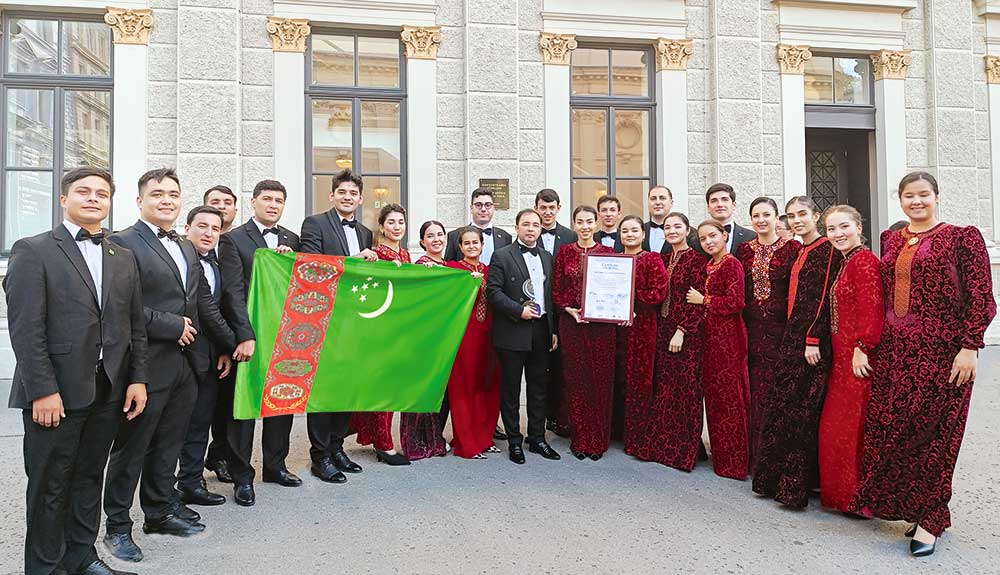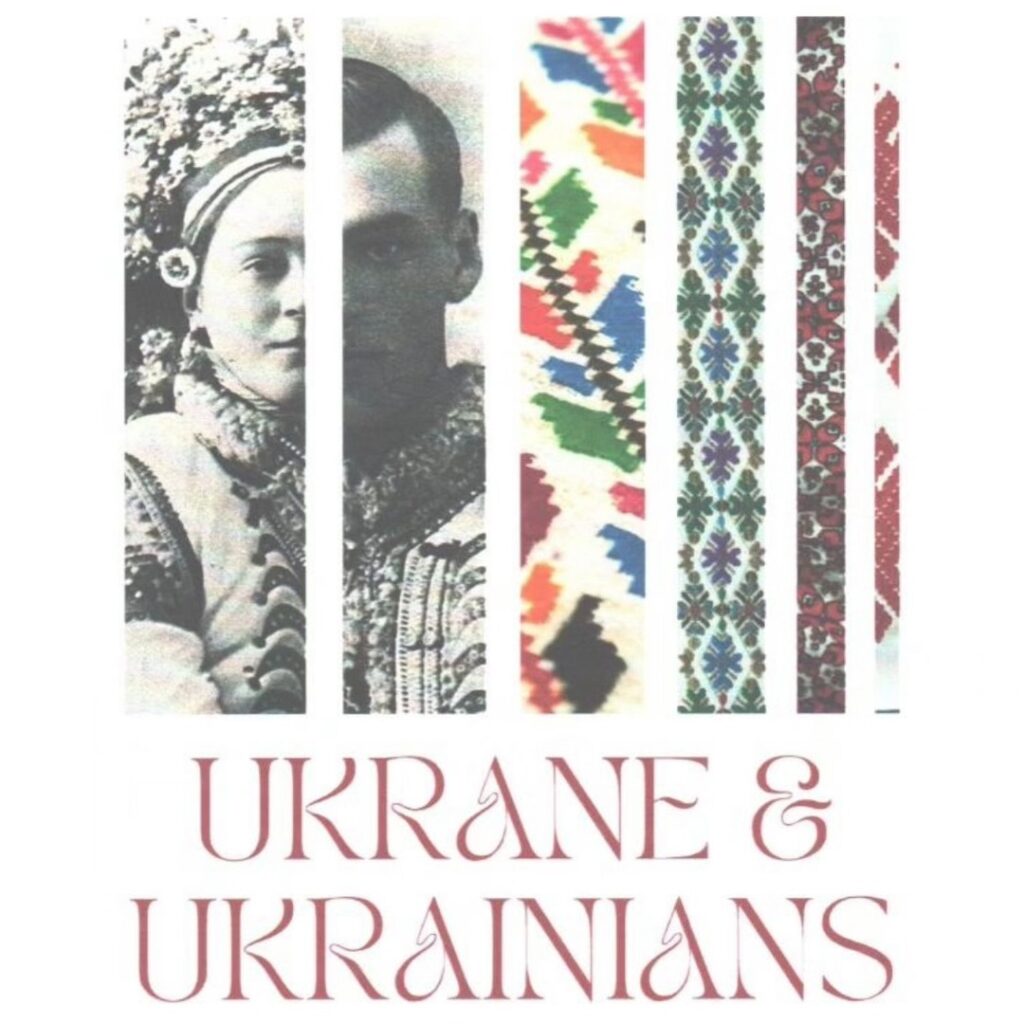ASHGABAT (TCA) — The Turkmen national art of carpet weaving has been included into the UNESCO Intangible Cultural Heritage List. The decision was made at the 14th annual meeting of the Intergovernmental Committee for the Safeguarding of the Intangible Cultural Heritage of the United Nations Educational, Scientific and Cultural Organization (UNESCO) held in Bogota (Colombia) last week.
President of Turkmenistan Gurbanguly Berdymukhammedov congratulated the people of Turkmenistan on this historical event, state-run Newspaper Golden Age reported.
“Inclusion of the Turkmen national art of carpet weaving into the UNESCO Intangible Cultural Heritage List vividly proves that the world community recognizes our amazing carpets as a monument of art,” the president said.
“As a result of cooperation with UNESCO, at the initiative of our country, such historical and cultural monuments of Turkmenistan as Ancient Merv, Kunya Urgench and Ancient Nisa were included into the UNESCO Intangible Cultural Heritage List, and the Gyorogly destan and the Kushtdepdi ritual dance — into the UNESCO Representative List of Intangible Cultural Heritage.
“Our carpets, which amaze with their beauty and harmony of shades, accumulate the spiritual and historical experience of the Turkmen people. Carpet patterns, which are an integral element of the State symbols of independent neutral Turkmenistan, embody humanism, unity and cohesion of the people. Carpet patterns play a special role in the architectural design of the capital,” the Turkmen leader said.
He added that today in Turkmenistan special attention is paid to the development of the art of carpet weaving, its comprehensive study, careful preservation of the ancient carpet patterns, and their popularization around the world.








